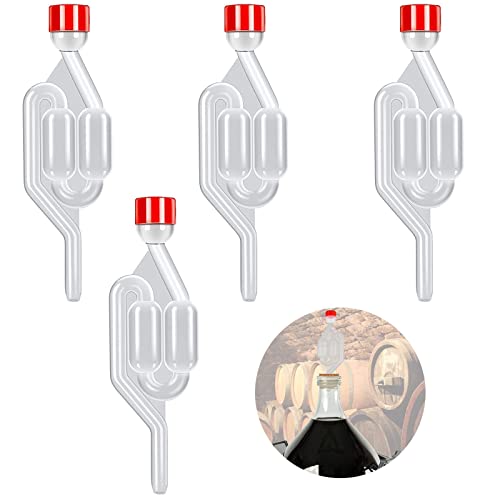So as some of you know, for various reasons I am giving up drinking.
But I like beer!
Having tried several low / zero alcohol beers this past week, I am sold on this being an acceptable solution.
I'm particularly keen on Brooklyn brewery special effects hoppy lager at 0.5% and Guinness zero
From a homebrew point of view, doing low alcohol is difficult. The very low alcohol yeasts are generally only sold in 500gm packs and generally needs pasteurizing and therefore forced carbonation post pasteurization.
I am unable to justify either of those on something that might taste crap. So I had an idea that I would like the collective wisdom on.
How about doing a low gravity wort - mashed at 78c using a reduced grain bill with a good dollop of adjuncts for body. Maybe ending up with an OG of 1.015. Using hops sparingly to get a sensible ibu/bu ratio according to style
putting in a regular yeast for that style and waiting for it to start fermenting - active fermentation. As soon as its hits 1.010 gravity, immediately bottle the beer and seal it up using PET bottles.
Using my sensitive ability to gauge how hard the bottle is, and therefore its carbonation level, then stop the fermentation and ensure sanitation by dumping the bottles back in my kettle at 65c for 15 minutes to pasteurize.
It's my understanding that a half teaspoon of sugar for traditional carb'ing in a 500ml bottle generally gives about 0.1% abv, so if I let the fermentation continue in the bottle till it's hard, then kill it off with a bit of heat, I reckon it wouldn't come out at about 0.5% abv
Can anyone think why this wouldn't work at keeping body, keeping the hop aroma and carbing the beer, without the requirement for a full co2 kit or kegs post pasteurization.
But I like beer!
Having tried several low / zero alcohol beers this past week, I am sold on this being an acceptable solution.
I'm particularly keen on Brooklyn brewery special effects hoppy lager at 0.5% and Guinness zero
From a homebrew point of view, doing low alcohol is difficult. The very low alcohol yeasts are generally only sold in 500gm packs and generally needs pasteurizing and therefore forced carbonation post pasteurization.
I am unable to justify either of those on something that might taste crap. So I had an idea that I would like the collective wisdom on.
How about doing a low gravity wort - mashed at 78c using a reduced grain bill with a good dollop of adjuncts for body. Maybe ending up with an OG of 1.015. Using hops sparingly to get a sensible ibu/bu ratio according to style
putting in a regular yeast for that style and waiting for it to start fermenting - active fermentation. As soon as its hits 1.010 gravity, immediately bottle the beer and seal it up using PET bottles.
Using my sensitive ability to gauge how hard the bottle is, and therefore its carbonation level, then stop the fermentation and ensure sanitation by dumping the bottles back in my kettle at 65c for 15 minutes to pasteurize.
It's my understanding that a half teaspoon of sugar for traditional carb'ing in a 500ml bottle generally gives about 0.1% abv, so if I let the fermentation continue in the bottle till it's hard, then kill it off with a bit of heat, I reckon it wouldn't come out at about 0.5% abv
Can anyone think why this wouldn't work at keeping body, keeping the hop aroma and carbing the beer, without the requirement for a full co2 kit or kegs post pasteurization.





























![BREWING THERMOMETER STICKERS ACCURATELY MONITOR FERMENTING BEER & WINE LIQUID TEMPERATURES 5PCS HOME BREW SPIRITS WINE LCD ADHESIVE [US]](https://m.media-amazon.com/images/I/311DDjo2X3L._SL500_.jpg)











